Dustin, Joy, and the Barbershop Revival
Arrival at The Standard
I want to start by saying that this series started as a “10 Tips for Maintaining Your Beard” quickie, but like many things in life, it turned out to be much more interesting than I had bargained for. Really, it wound up being about people. It’s about all of us: how we interact, where we come from, and how we view the world. It’s also about Northern Virginia, and how our cold-shouldered self-involvement can create an environment in which barbers are fighting to restore common decency and conversation.
Hannah and I arrived at The Standard barbershop in old town Fairfax at around 7:15 on a cold Thursday evening. The other shops in the little suburban enclave had closed, and the Christmas lights in the window cast a welcoming glow onto the wet sidewalk. Inside, Joy, the blonde, beard-cutting, sparkplug of the bunch, was just finishing up on her last client. Elvis Presley was crooning a slow song, and upon entering the building, the combination of warmth, old music, essential oils, and dust from the heating system came over me. Aside from familiar holiday cooking, it was one of the most welcoming scents I have yet to encounter.
Dustin was quick to greet me with a grin and a firm handshake. He’s an interesting guy: California bred ex-cop, tattooed, bearded, and supremely kind. He has the social confidence of an experienced bartender. The first time I had seen him uncomfortable was when we asked to get a few shots of him outside the shop. He brought out a cup as a prop, mentioning that he felt more comfortable with something to hold on to. Joy seemed similarly eager to dispense with the photoshoot. There’s something endearing about people who are so eminently affable being a little embarrassed by the lens.
When we got inside, thankful to be out of the cold, Dustin made a beeline to his station and offered us a snort of whisky. His hospitality was welcome, and loosened everyone up just a little bit. He and Joy settled into their barber’s chairs, and we got started with the interview.
Introduction
Dustin is a California native. Although he’s been in the area for a few years, it was easy to tell that he wasn’t born and bred in NoVa. He has an easygoing manner and a low-stress personal intensity that seems just a bit out of place. He’s the type of guy with whom you can conduct a casual conversation while being almost uncomfortably aware that he’s genuinely listening to everything you say.
Dustin: “I first worked in Law Enforcement, and I had to get haircuts all the time. Couldn’t grow a beard, could grow a mustache sort of… but the rules and regs meant that it had to be a cheesy cop mustache. I hung out at the local barbershop all the time and realized that they were having more fun than I was. I always wanted to work with my hands, and kind of just decided that this was something I could to do: fuck around all day, talk to people, stir shit up; all that.”
Dustin’s father in law was a cop, and the not-yet barber followed suit. He started working in offices, then as a traffic cop, then went on to the armory, where he worked on and controlled the department firearms and cars before moving on. It’s hard to imagine him stern-faced, but perhaps his current demeanor is partially a function of his professional contentment.
Joy: “I started cutting my own hair when I was in high school because I wasn’t happy with the things that I’d pay for. I’d go get my hair cut and I’d come home and sit in the bathroom for a while and cut my own hair. Then I thought I knew something, and I had three brothers and I was kind of a tomboy, so I had lots of friends that were boys around, and everybody likes a free haircut. I cut people’s hair all throughout high school and then I went to hair school. I was always really fascinated on the male side of things. There’s something about the tools that I like, there’s something about the precision of barbering- just working with my hands. There’s something more concrete to barbering than to hair styling. There’s so much that you can do with women’s hair that it’s very macro, whereas barbering is more detail-oriented and micro.”
Joy came across primarily as an artist. She’s not the natural talker that Dustin is, and her charm comes from her carefully chosen words. Her tomboy hair and direct preference for cutting men’s hairstyles makes her approachable, and it’s very easy to like her when you get her talking.
The Standard
Dustin: “The Standard isn’t shattering any molds, it’s just a typical classic barbershop that’s trying to get back to the roots.”
This surprised me. I was born and raised in Northern Virginia, and to this point in my life had gotten my haircuts from Vietnamese and Korean women at unisex salons. They had always done a great job, it’s just that I had never been to a place like The Standard with the exception of a bar/barbershop I’d visited once in New York City.
Dustin: “Yeah, but that’s not the tradition. So basically barbering in the ’60s and ’70s really died out. The Beatles, the Brit Pop Invasion, the Hippies, all that shit basically killed barbering. All the old guys were still in it and still cutting, but when young guys came in with long hair and they just wanted a trim, these old crusty barbers had no idea what to do with it. That was kind of the birth of the unisex salon: women were already doing these cuts on women, so the stylists were able to adapt pretty quickly. We lost decades of dude’s styles to salons. Then guys started trying to get back to the bygone era of the 50’s…”
This was a bit of a revelation for me. All of these short “hipster” haircuts are not new- they just seem new. We just put barbering on pause for fifty years or so.
Dustin: “Well and a lot of us are trying to recapture this thing that we didn’t experience. We have this glorified image of what it once was. Just the simple barbershop: the meeting place, the gathering place.”
This notion struck a chord with me as a musician. I love punk rock and early metal, and I listened to those genres of music growing up. I had no idea what it was like to be around when Sabbath was new, or when The Sex Pistols were rebelling against Crown and Country in the UK- I just soaked up the imagery and information I was given. I painted my ideal version of the culture and times in my head.
Joy: “I definitely see the industry as a whole coming back to smaller business and people wanting to work with their hands. In big cities where there’s a big blue collar population, you get good haircuts. In places without one, you don’t get good haircuts. I think the whole industry is being elevated now because we’re coming back to that bygone time when people worked with their hands.”
There’s no doubt about the fact that millennials are turning to the micro side of things. Startups, Etsy shops, micro breweries, and small-scale (but high quality) commercial goods are exploding. It might be the fact that we’re forced to accept that the USA in 2016 and the USA in 1980 are drastically different places, and that we can’t do things the same way that our folks did. The DC Metro Area might be behind the curve here because of government jobs and a transient population, but make no mistake: micro is on the rise. The Standard is a good example of that trend. Business is booming, and if you visit their website and try to book a cut, you’ll see what I mean. I’m breaking this up into a series because there’s just so much to write. More about actual hair soon.
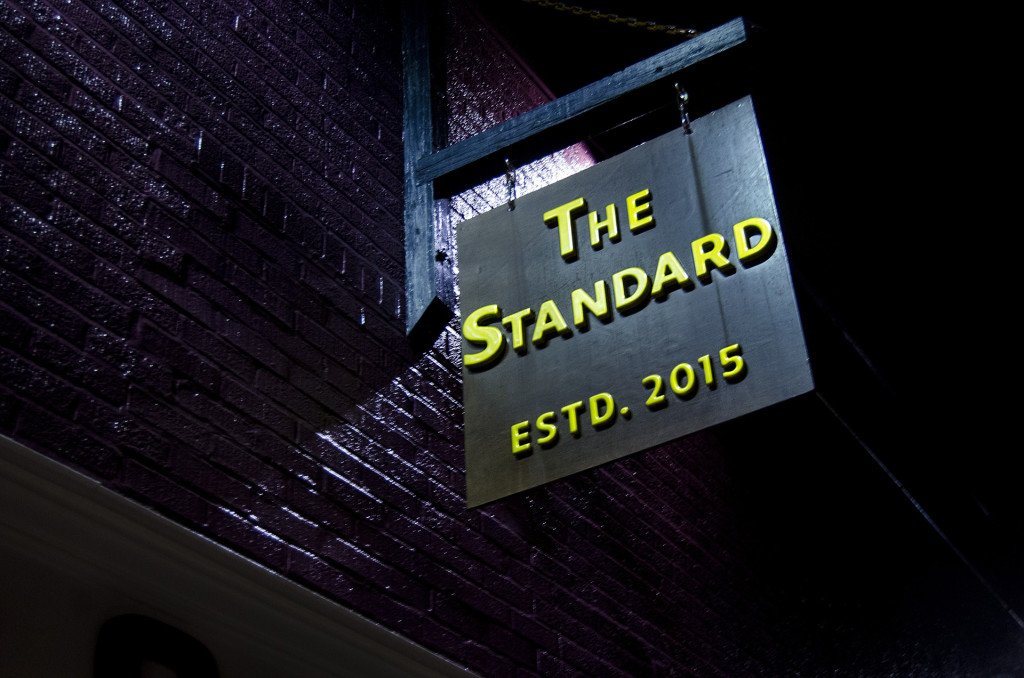
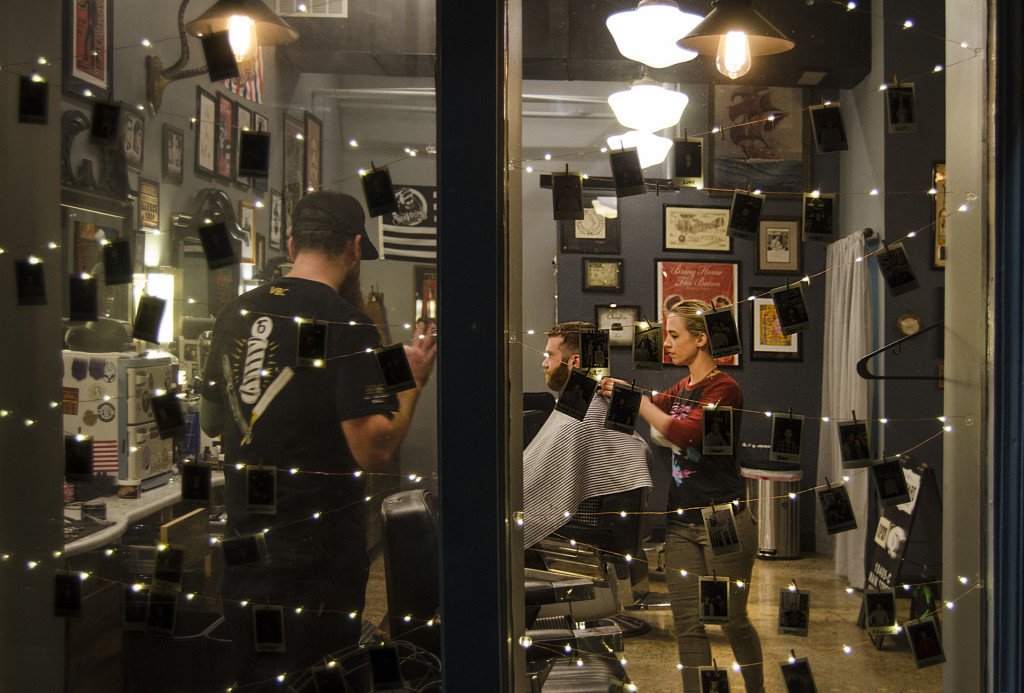
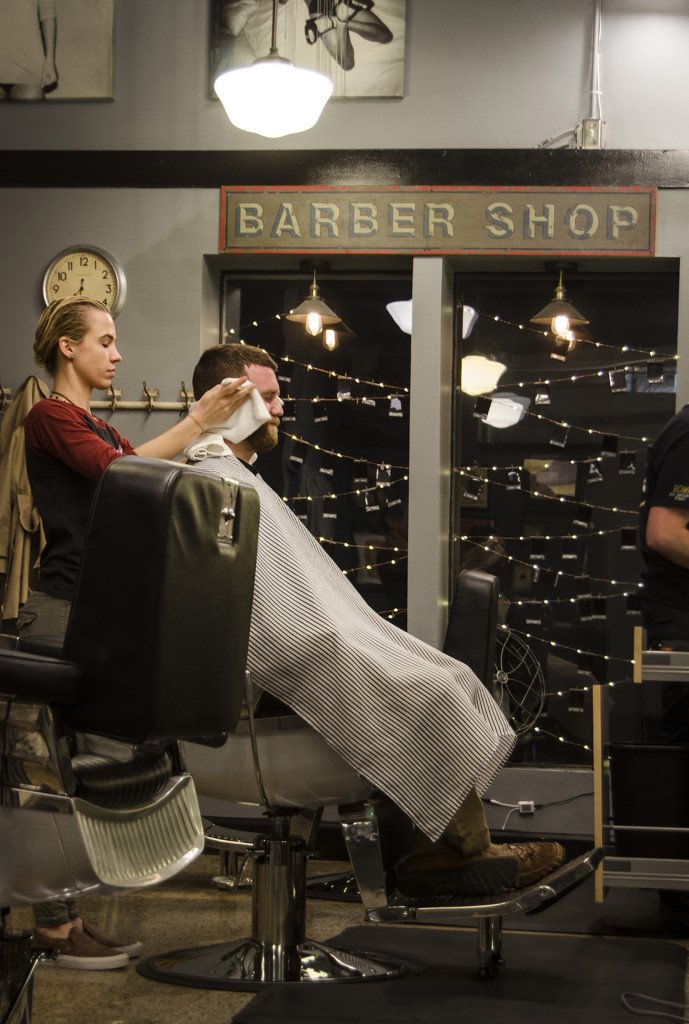
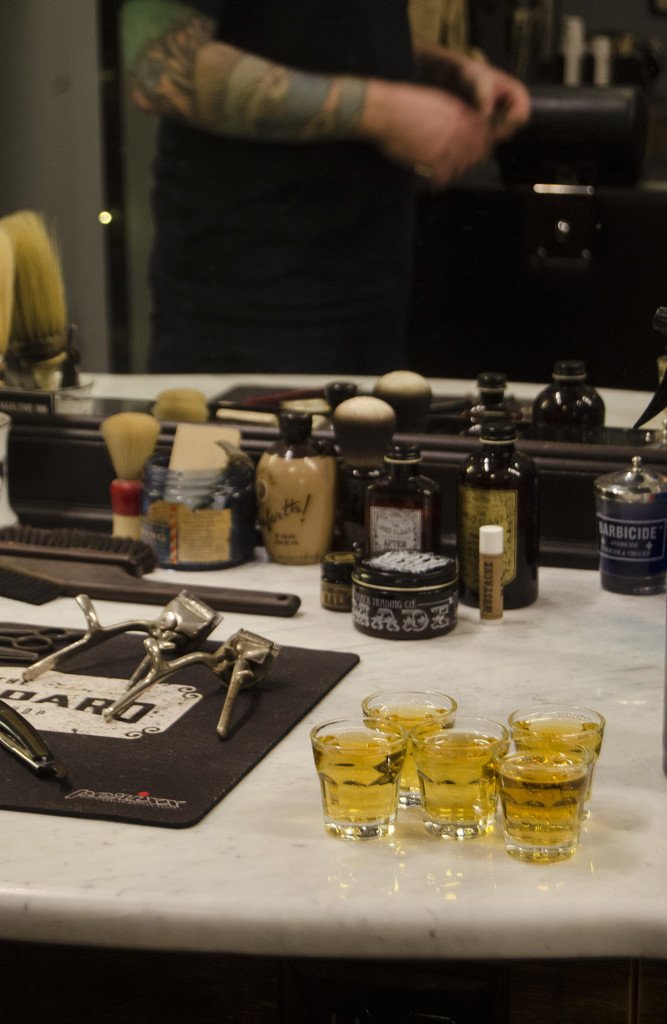
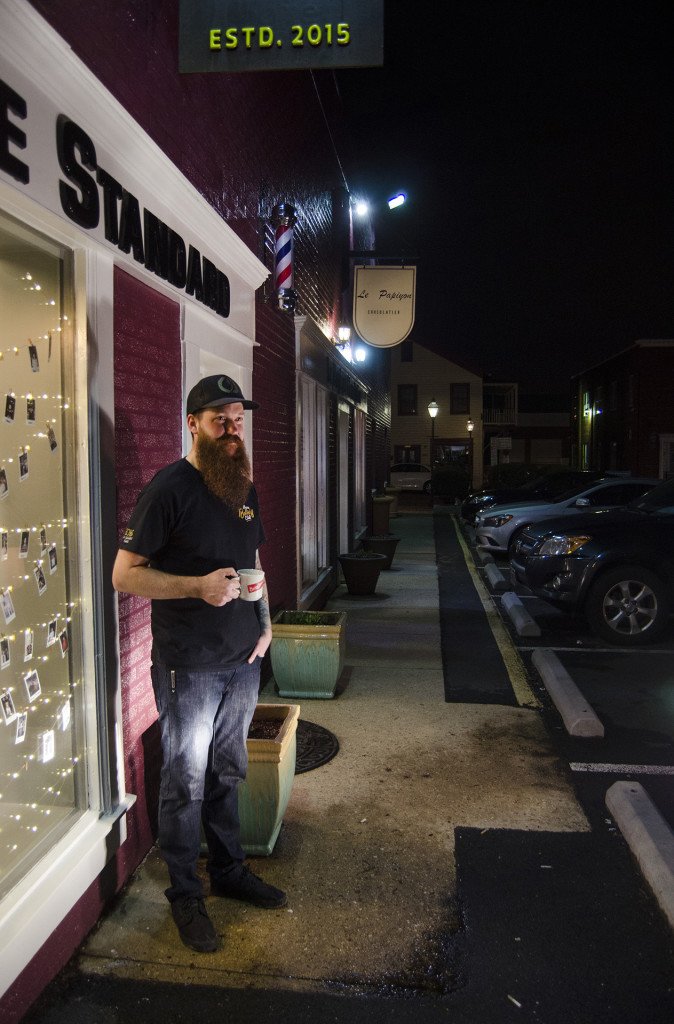
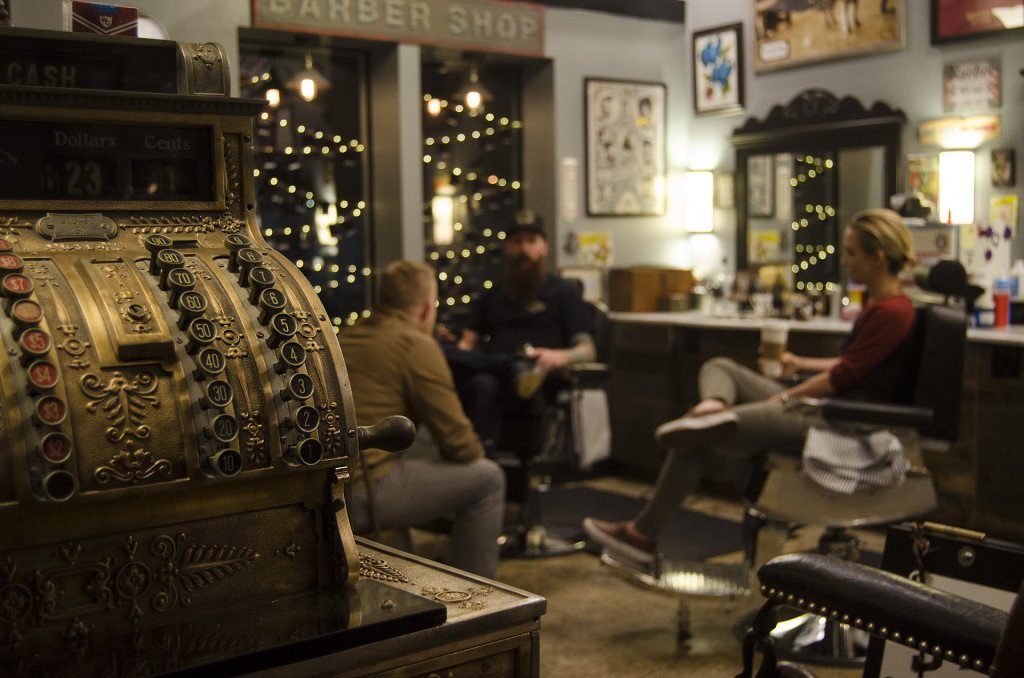
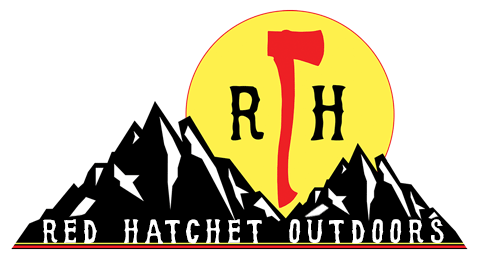
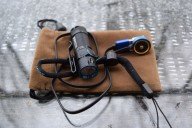
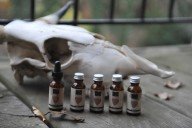
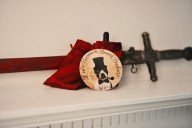
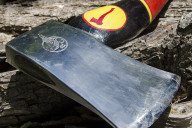
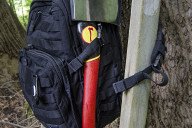
No Comments